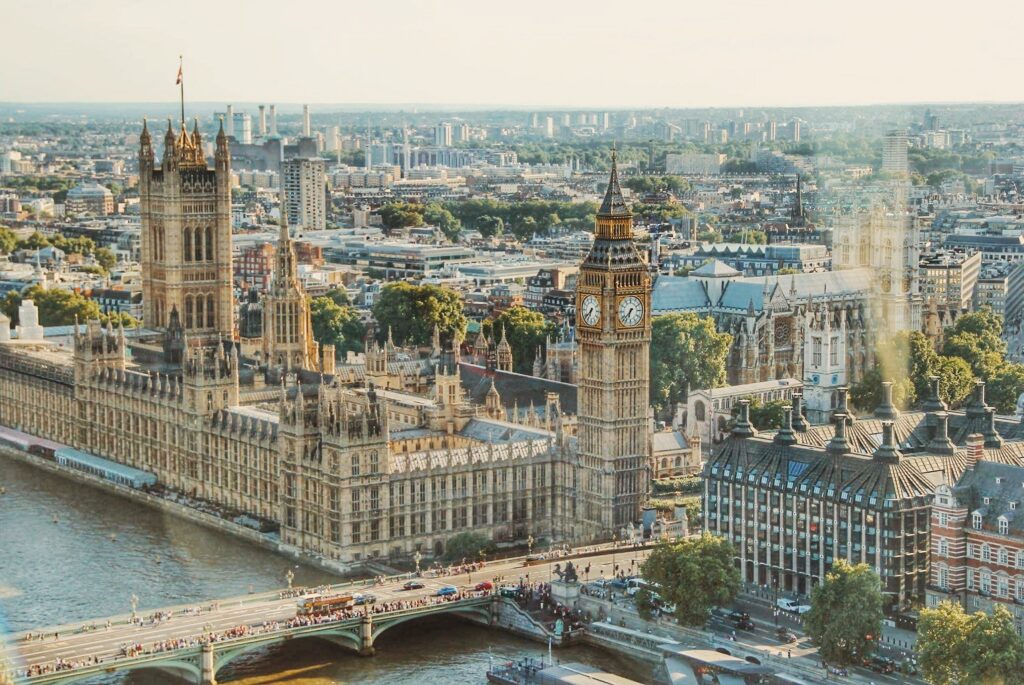Long-term exposure to air pollution may be linked to 15% of COVID-19 deaths worldwide, researchers uncovered in a new study.
Published in the Cardiovascular Research journal, the researchers from Germany and Cyprus analysed health and disease data from the United States and China relating to air pollution, COVID-19 and SARS, the respiratory illness similar to coronavirus.
This data was combined with satellite data of global exposure to particulate matter, and ground-based pollution monitoring networks to measure the extent to which air pollution could be responsible for COVID-19 deaths.
Over 1.1 million people worldwide have died from COVID-19 since the pandemic began, according to John Hopkins University.
East Asia experiences some of the highest levels of harmful pollution globally. The researchers found that 27% of COVID-19 deaths could be attributed to low air quality.
In the United Kingdom, the figure was around 14%, lower than the Europe average of 19%.
The study emphasised that their figures do not imply that air pollution directly caused deaths from COVID-19, but that it is possible.
Poor air quality could exacerbate other health conditions such as high blood pressure, asthma, diabetes, and coronary artery disease, leading to an increased risk of death from the virus.
‘If both long-term exposure to air pollution and infection with COVID-19 virus come together then this harms health, in particular, the heart and blood vessels,’ commented co-author Thomas Munzel.
Researchers concluded that COVID-19 deaths linked to air pollution were ‘potentially avoidable’. They suggested that exposure to particulate matter in air aggravated ‘co-mortality that leads to fatal outcomes.
Jos Lelieveld of the Max Planck Institute for Chemistry gave an estimate that more than 6,100 coronavirus deaths in the United Kingdom could be attributed to air pollution.
The authors of the paper stated that without fundamental change in the way cities source their power, transitioning to clean and renewable energy, air pollution would continue to cause deaths long after the pandemic recedes.
‘There are no vaccines against poor air quality and climate change. The remedy is to mitigate emissions,’ the researchers wrote.




